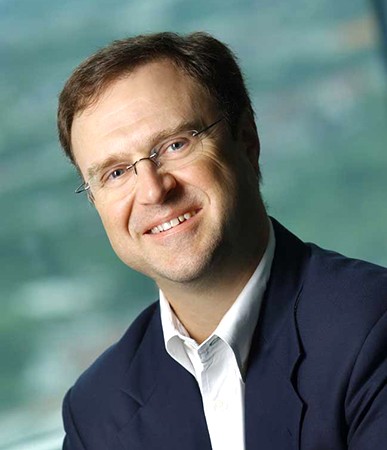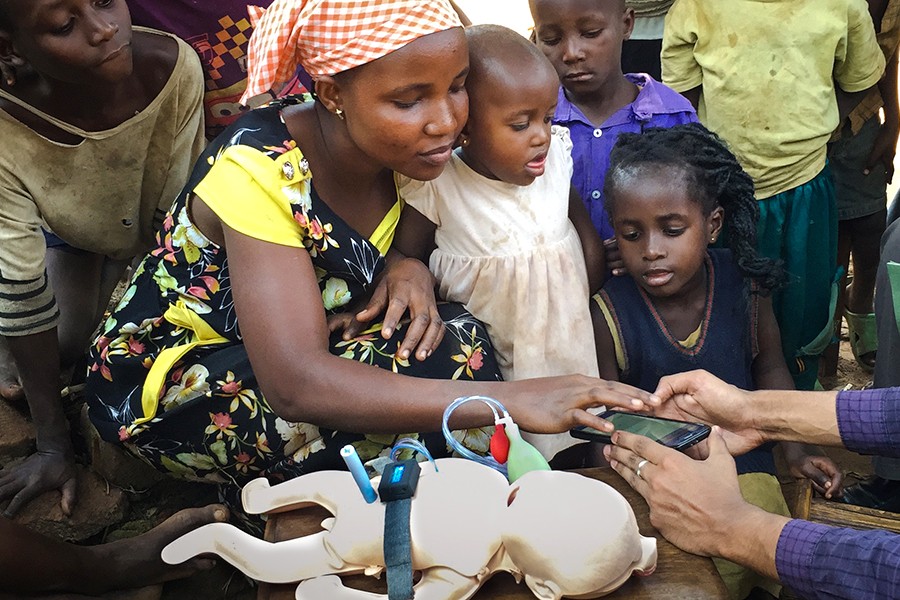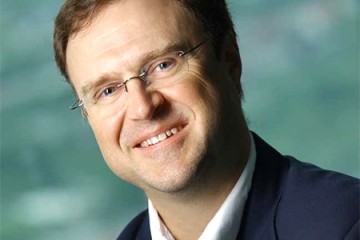Johns Hopkins is launching a wide-ranging, cross-disciplinary effort to tackle health equity challenges across the globe, with grants of up to $25,000 up for grabs starting this summer.
The Alliance for a Healthier World aims to engage experts and students from every corner of Johns Hopkins—in not only research but other partnerships both formal and informal. This week's launch includes a call for proposals for new collaborative projects that aid disadvantaged populations.
"What we hope to get out of this is to create new ideas, new collaborations, and achieve research that has some impact," says alliance director David Peters, who chairs the Department of International Health at Johns Hopkins University's Bloomberg School of Public Health.
The vision is to build up a network for events, mentorships, and shared resources, ultimately fanning out beyond Johns Hopkins to increase fundraising and partnerships with governments, foundations, and corporations.
The alliance's efforts will focus on four key global health themes:
- Food and nutrition security
- Healthy environments
- Gender equity and justice
- Transformative technologies and institutions
The implementation of its work will mostly take place in vulnerable or low-income communities overseas, Peters says. Beyond that, there's no narrowing of the goals or geographic focus.
"The nature of what we're doing is expanding across boundaries of disciplines and problem areas," Peters says, describing this inclusive approach as the heart of the new endeavor.

Image caption: David Peters
The pilot project planning grants—now open for submissions through July 15, with additional cycles opening in October—adhere to those principles. The alliance is looking for teams of faculty members and students at Hopkins who can research and propose solutions related to the four key themes, in any geographic area.
The teams must cross at least two disciplines, a requirement that encourages non-traditional collaborations. Application materials offer a few concepts for inspiration—solutions related to domestic violence, food and water contamination, or the depletion of forests and wetlands. With the cross-disciplinary focus, Peters says, a science-based project could incorporate, for instance, a documentary or essay from a humanitarian scholar.
Initial planning grants of $10,000 and $25,000 will be awarded to about 10 teams, and next winter another round of implementation grants will offer $250,000 to teams that can translate their ideas into action on the ground.
"We really want to do end-to-end work, not just theoretical, but linking the research to change," Peters says.
The Alliance for a Healthier World began to take shape last year as an outgrowth of the Johns Hopkins Global Health signature initiative. The new group already has participation or interest from every division and school across the university, in addition to the Applied Physics Laboratory and the Berman Institute of Bioethics.
Faculty members from different schools are steering each of the alliance's theme areas, including Bloomberg Distinguished Professor Jessica Fanzo of the Berman Institute, who is overseeing the food and nutrition efforts. Other faculty leaders are School of Nursing Professor Nancy Glass and Bloomberg School Associate Professor Michele Decker for gender equity and justice; Anthony So, Bloomberg School professor, for transformative technologies and institutions; and Peter Winch, a Bloomberg School professor, for healthy environments.
Looking forward, organizers envision starting a Healthier World Scholars program, building a learning resource library, and aiding researchers with external grant applications, among other ideas.
More information is available at www.ahealthierworld.jhu.edu
Correction: Anthony So's title was misstated in an earlier version of this article. The Hub regrets the error.
Posted in Health, University News, Politics+Society
Tagged global health, david peters, health equity









